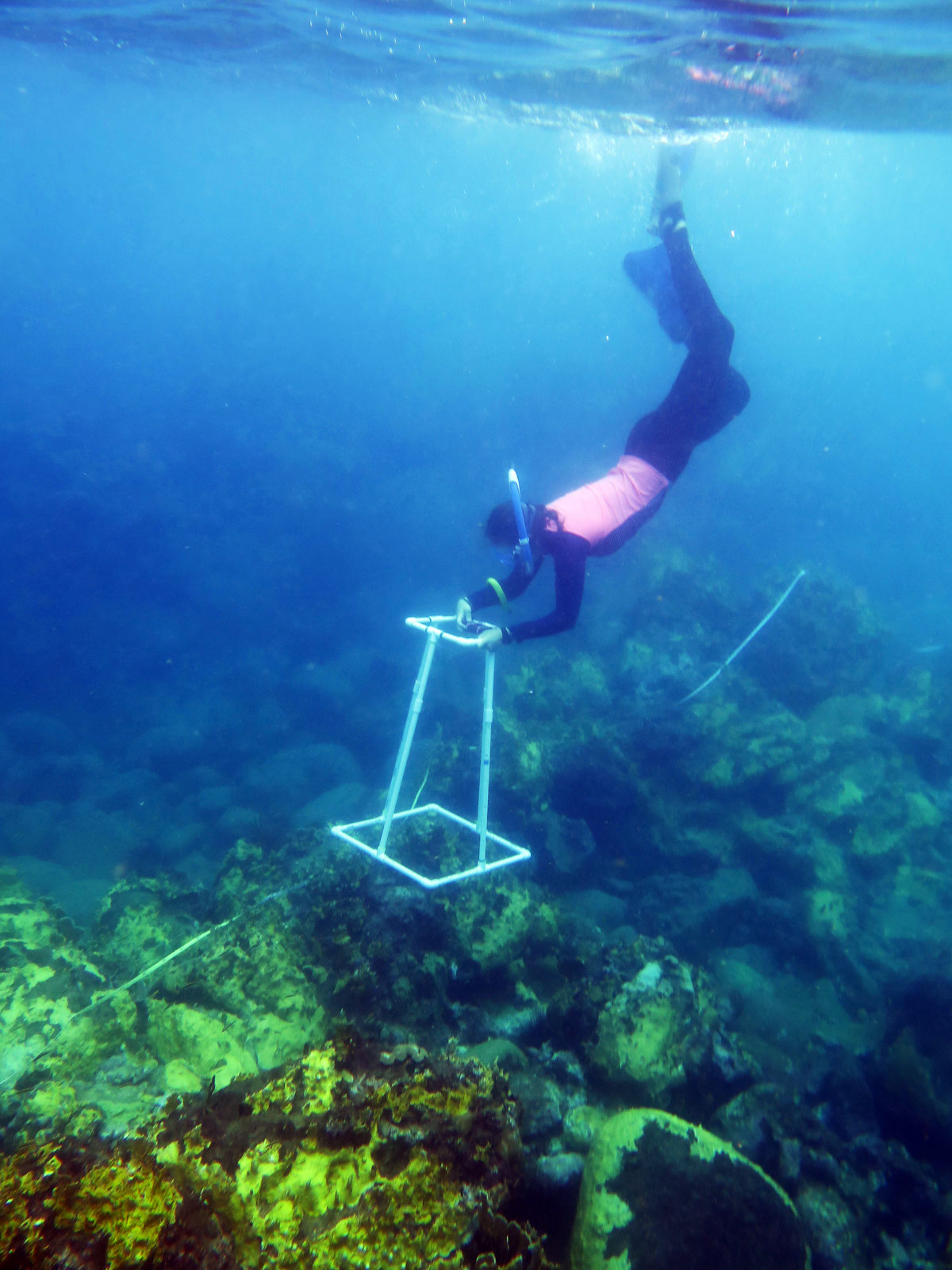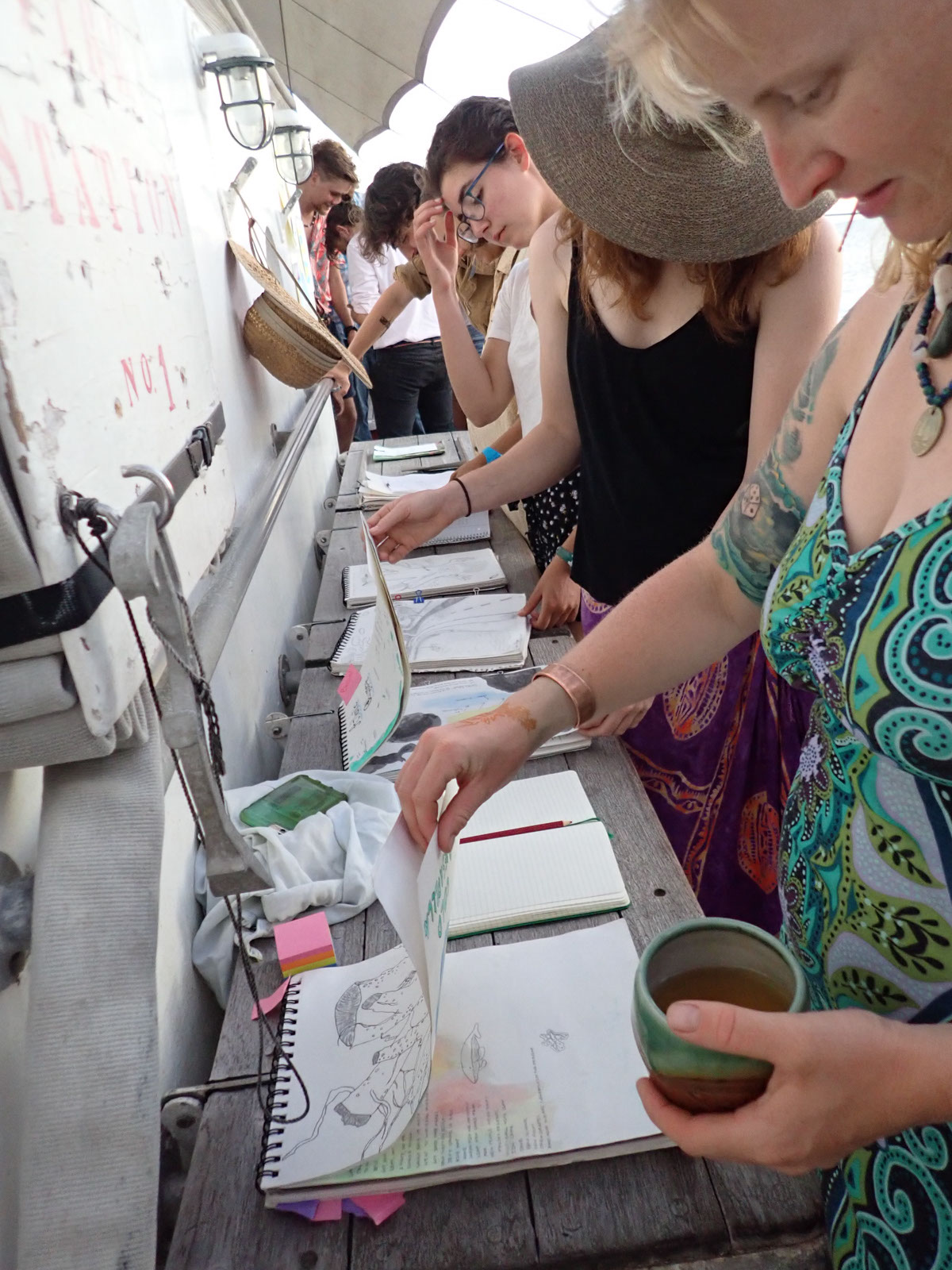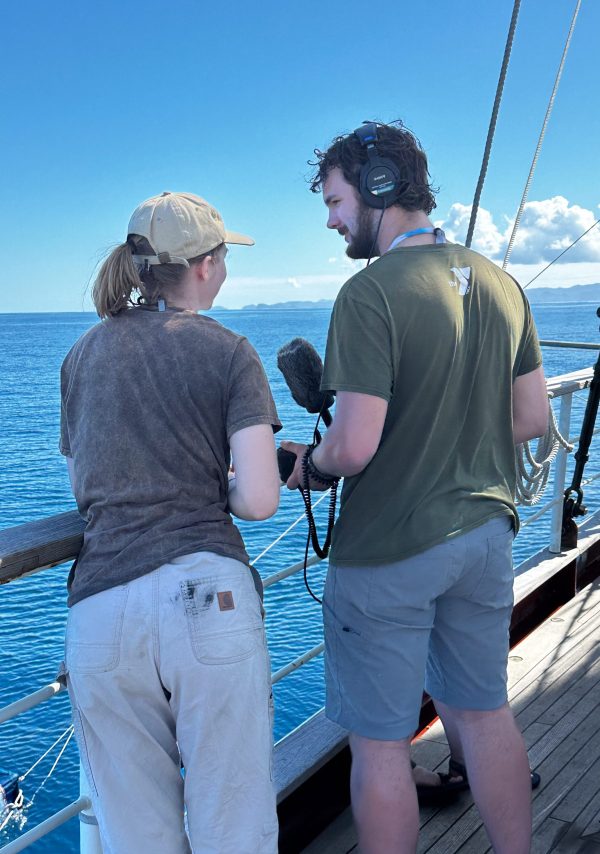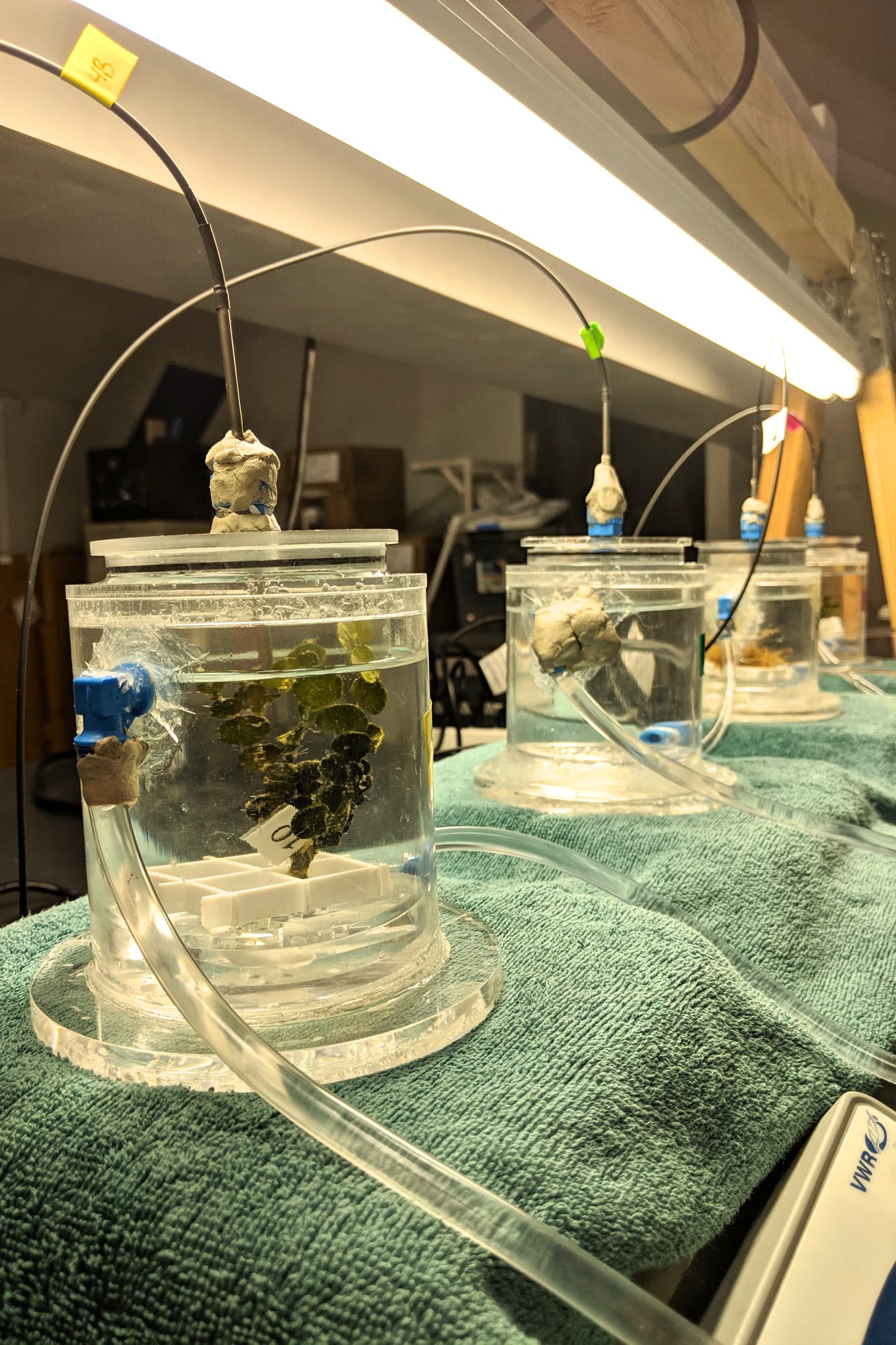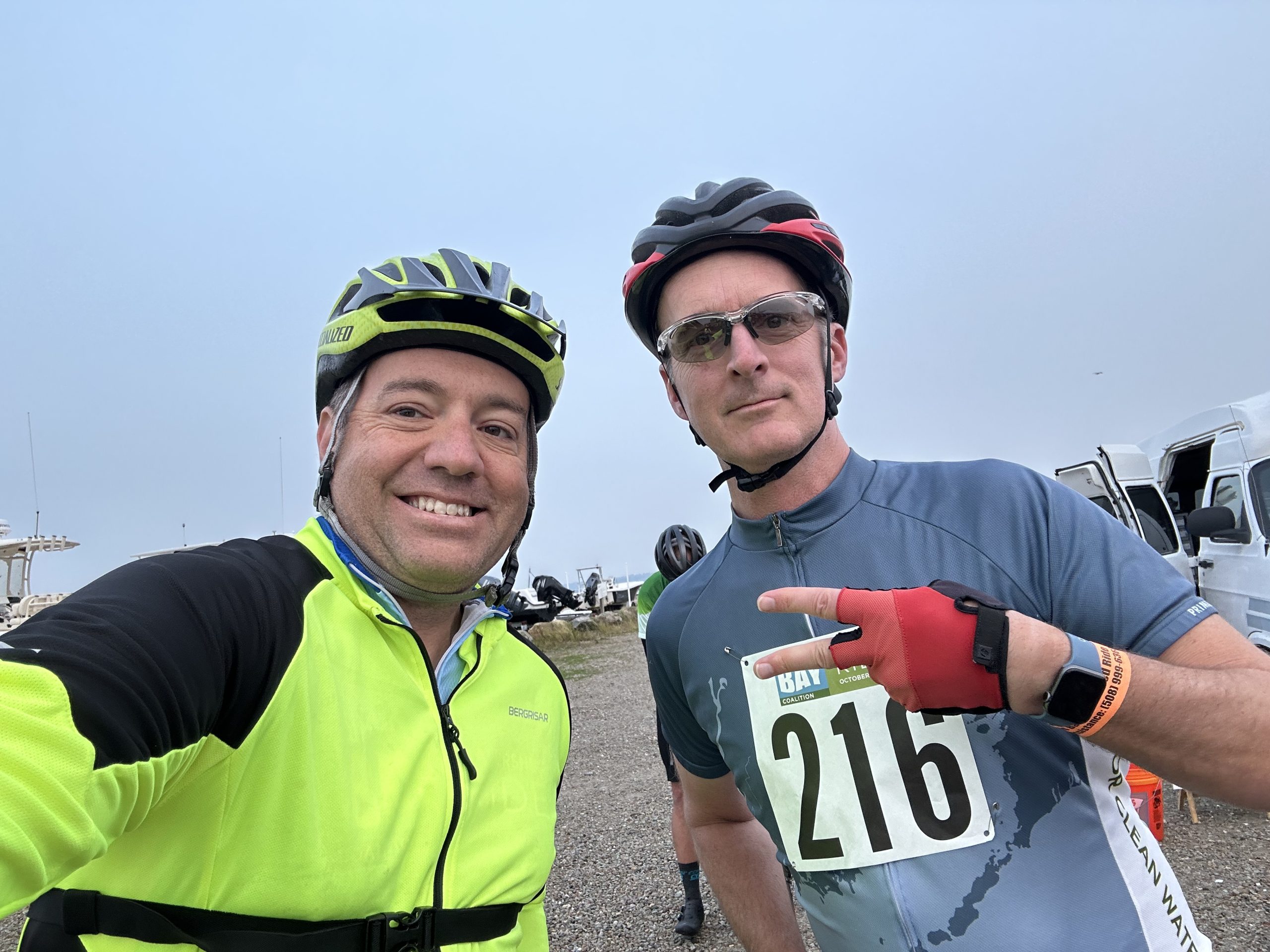SEA has been educating ocean scholars, stewards, and leaders with a community-based learning model since 1971. By combining academic coursework in a residential environment on shore with a hands-on sailing research voyage at sea, SEA allows students to put newfound knowledge into action while facing the real consequences associated with crewing a tall ship on the open ocean.
By providing an educational environment that is problem-oriented, field-based, collaborative, and practical, SEA is the ideal representation of what the Association of American Colleges & Universities (AACU) has defined as vital components of a 21st century education.
This section is designed as a resource for faculty and advisors at undergraduate institutions who are looking for more information as they advise students about SEA programs . You will learn why SEA is an internationally recognized leader in environmental education abroad; what we look for in our applicants; how academic credit is awarded; how SEA is committed to affordability and is currently meeting all demonstrated need; and more.
Thank you for entrusting your students to us. We look forward to welcoming them aboard for the academic adventure of a lifetime. Please contact us at institutionalrelations@sea.edu with any questions.
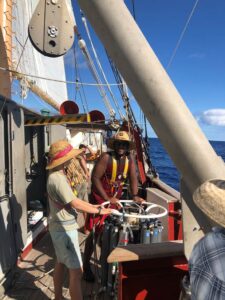
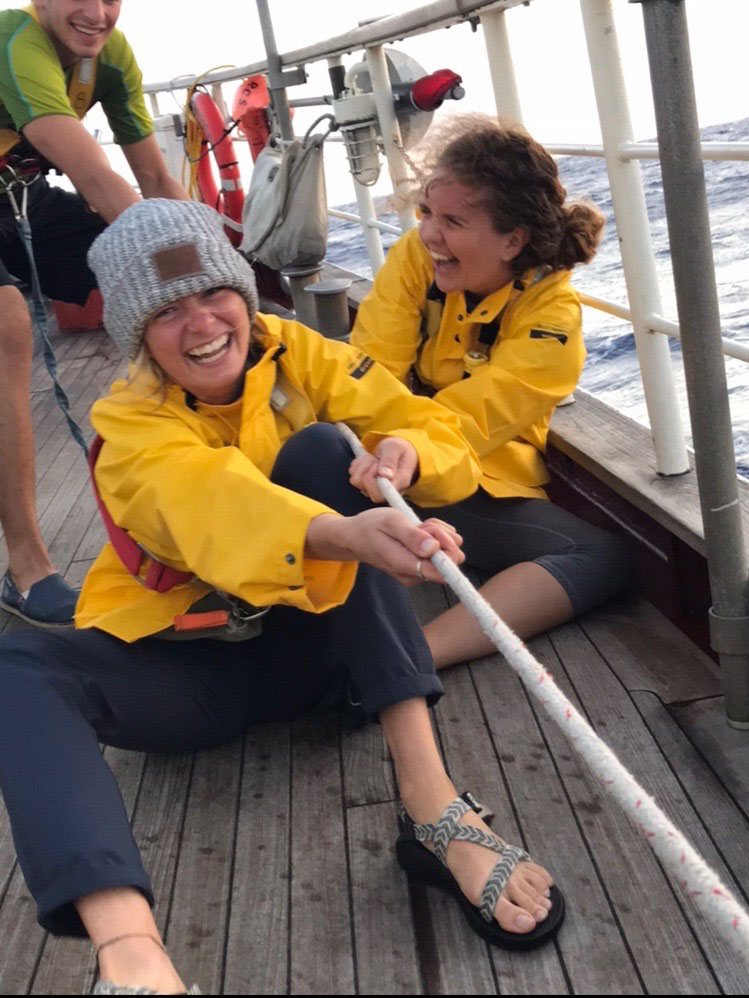
Why SEA?
The global ocean covers nearly three-quarters of Earth, yet 90% is largely unexplored. It provides half of the oxygen in the atmosphere, regulates the planet’s climate, and delivers food security for the world’s population. However, threats such as climate change, marine pollution, habitat loss, and overfishing jeopardize its health and sustainability.
Humans depend upon the ocean. The future of the ocean depends upon the next generation.
Sea Education Association (SEA) is an internationally recognized pioneer in undergraduate ocean education. Since 1971, we have educated over 10,000 ocean scholars, stewards, and leaders. Our undergraduate programs are multidisciplinary learning communities that address the critical environmental issues of our time:
- Climate change
- Sustainability
- Biodiversity
- Human impacts on the environment
- Environmental justice
Acknowledging that human actions underlie environmental change, SEA programs approach these issues from a variety of disciplines including science, history, culture studies, and policy.
Why should your students consider studying abroad with SEA?
Student-Centered Experiential Learning
- The sailing adventure of a lifetime grounded in academic coursework
- Cross-disciplinary living and learning communities to suit all majors
- Practical skill building in a collaborative, real-world environment
- Maximum student-teacher ratio of 8:1 on shore and 3:1 at sea
Academic Excellence
- A multidisciplinary approach to global scale issues
- Authentic research experience in a variety of disciplines
- A full-time faculty with complementary visiting faculty in specialized fields
- Transferable undergraduate credit from Boston University, our school of record
- Coursework that is designed to fit seamlessly into major, minor, or elective requirements
Personal Growth
- Development of leadership, teamwork, problem solving, and communication skills
- “Ship-Shipmate-Self”: awareness of one’s responsibility within a given community, and the world
- Increased confidence, self-awareness, and self-reliance
Educational Philosophy
SEA programs are multidisciplinary learning communities that address the critical environmental issues of our time:
- Climate Change
- Sustainability
- Biodiversity
- Human Impacts on the Environment
- Environmental Justice
Acknowledging that human actions underlie environmental change, we realize that these issues must be approached from multiple disciplines, including science, history, culture studies, and policy.
SEA is committed to implementing high-impact student engagement and learning practices described by the Association of American Colleges and Universities in their Liberal Education and America’s Promise (LEAP) initiative. These include: Common Intellectual Experiences, Learning Communities, Collaborative Assignments and Projects, Undergraduate Research, and Diversity/ Global Learning.
Learning Outcomes
The initial shore component in Woods Hole allows students to develop well-researched projects to bring into the field. Time aboard our ships and in foreign ports of call allows us to take what we learned in the classroom and test it against our observations of the marine environment, natural landscapes, human infrastructures, and the knowledge and opinions of local people.
We stress good communication skills in written work and through oral presentations, both in the early stages of research where ideas can be tested, and at the conclusion of a project, where a mastery of the material can be demonstrated. In addition to research papers and reports, students’ work may be shared with a larger audience through blogs, podcasts, web-based atlases, and social media. SEA faculty have co-published work with students, and presented research with them at professional conferences.
The dynamic environment of our ships, coupled with preparatory coursework on shore in Woods Hole, develops teamwork, problem solving, and leadership skills. These skills are then put into practice in multiple real-world situations. Alumni describe SEA as a transformative experience. More than two-thirds of alumni participating in post-program surveys say SEA increased their self-confidence, and made them effective participants in collaborative teams.
